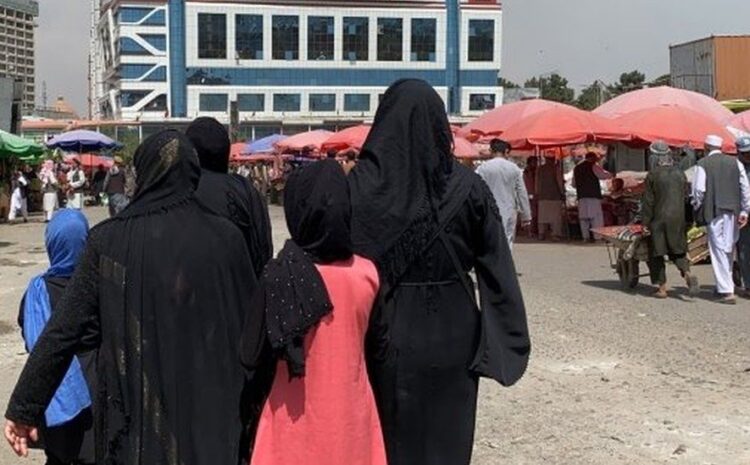
IMAGE SOURCE EPA image caption There are fears Taliban opponents in Afghanistan could be tracked down via social media platforms
The firm says it “removed the ability to view and search the ‘Friends’ list for Facebook accounts in Afghanistan” to protect people from being targeted.
Professional networking site LinkedIn has also taken steps by hiding the connections of anyone in the country.
There are concerns the Taliban are using social media to track opponents.
The additional safety measures were announced on Thursday by Facebook’s head of security policy, Nathaniel Gleicher.
“We’ve launched a one-click tool for people in Afghanistan to quickly lock down their account. When their profile is locked, people who aren’t their friends can’t download or share their profile photo or see posts on their timeline,” Mr Gleicher tweeted.
Mr Gleicher added that Facebook was “working closely with our counterparts in industry, civil society and government to provide whatever support we can to help protect people”.
Earlier, the tech giant confirmed it would continue to ban Taliban content from its platforms as it considers the group to be a terrorist organisation.
Meanwhile, Twitter said in a statement this week that its “top priority is keeping people safe, and we remain vigilant”.
“The situation in Afghanistan is rapidly evolving. We’re also witnessing people in the country using Twitter to seek help and assistance.”
Twitter has come under scrutiny for its handling of Taliban-related content.
In response to BBC questions earlier this week about the Taliban’s use of Twitter, a company spokesperson highlighted policies against violent organisations and hateful conduct.
According to its rules, Twitter does not allow groups that promote terrorism or violence against civilians.
In a statement emailed to the BBC, a LinkedIn company spokesperson said: “Our team is closely monitoring conversations about developments in Afghanistan and taking action on any content that doesn’t follow our professional community policies.
“We’ve also taken some temporary measures including limiting the visibility of connections for our members in the country.”
